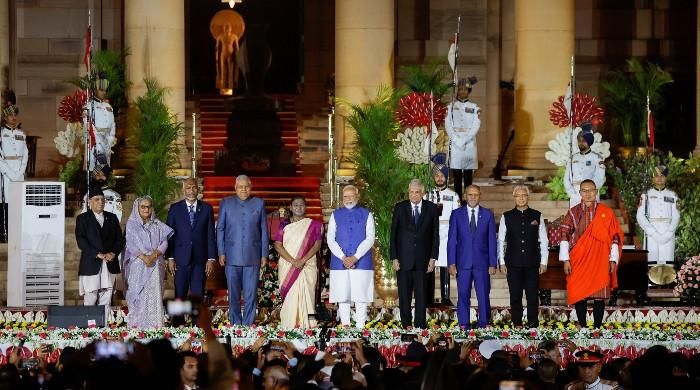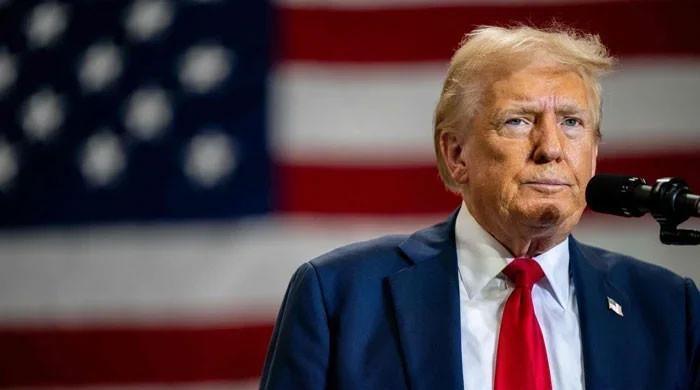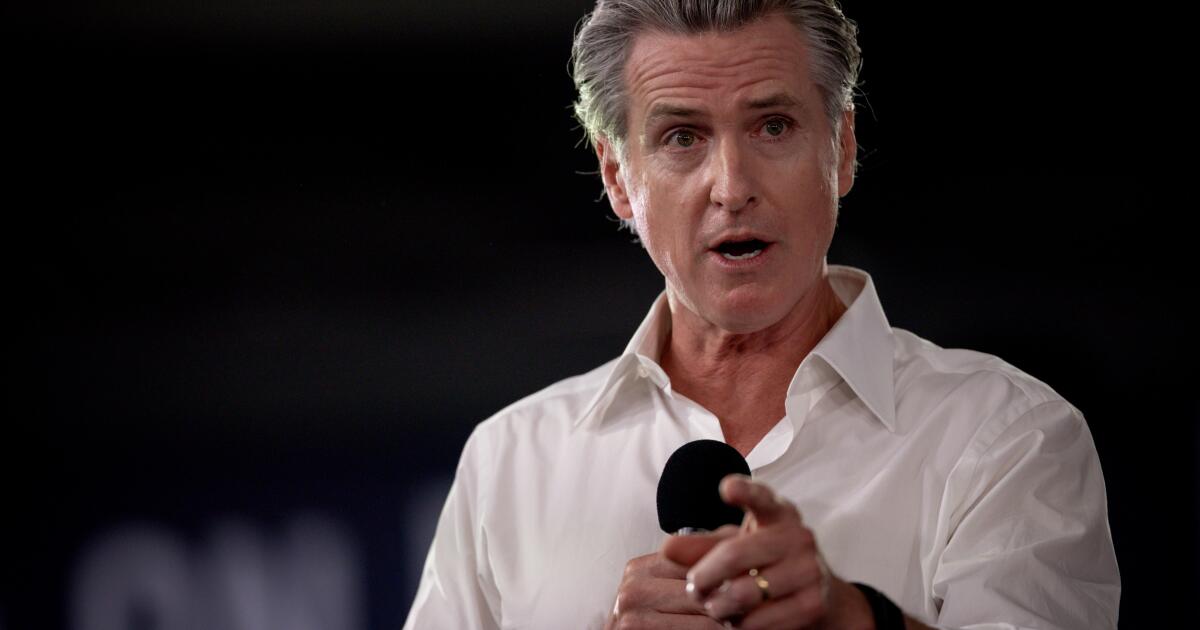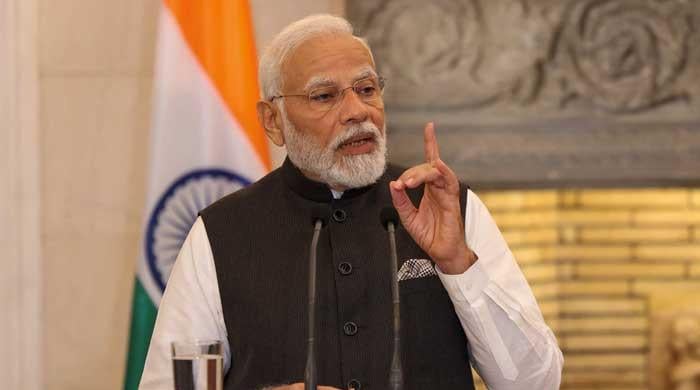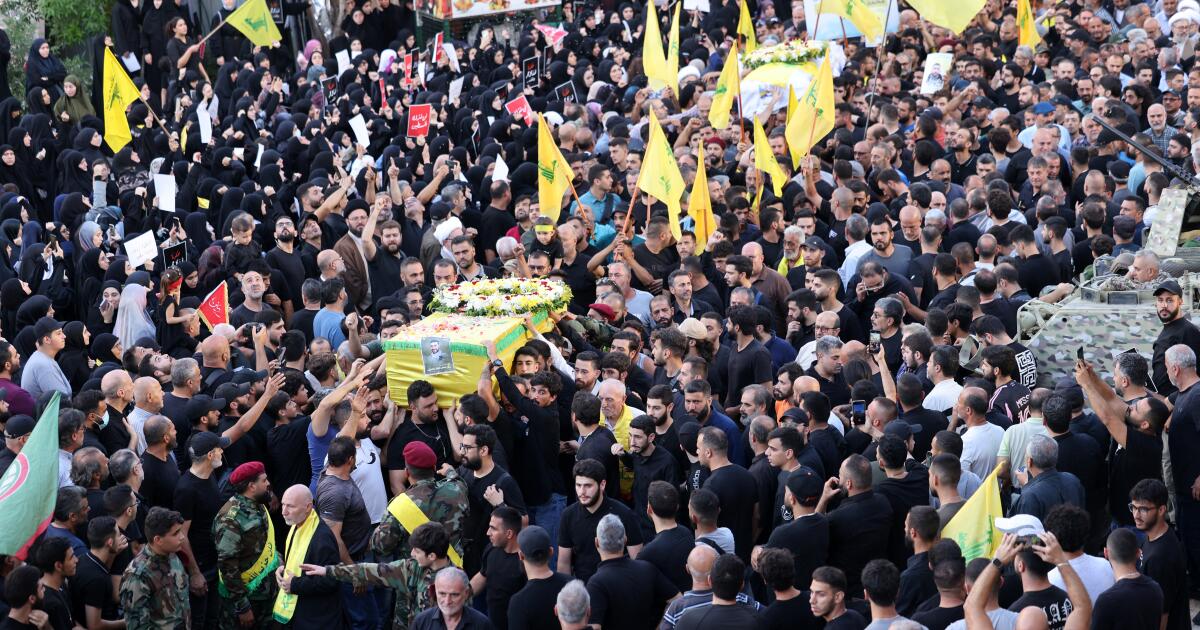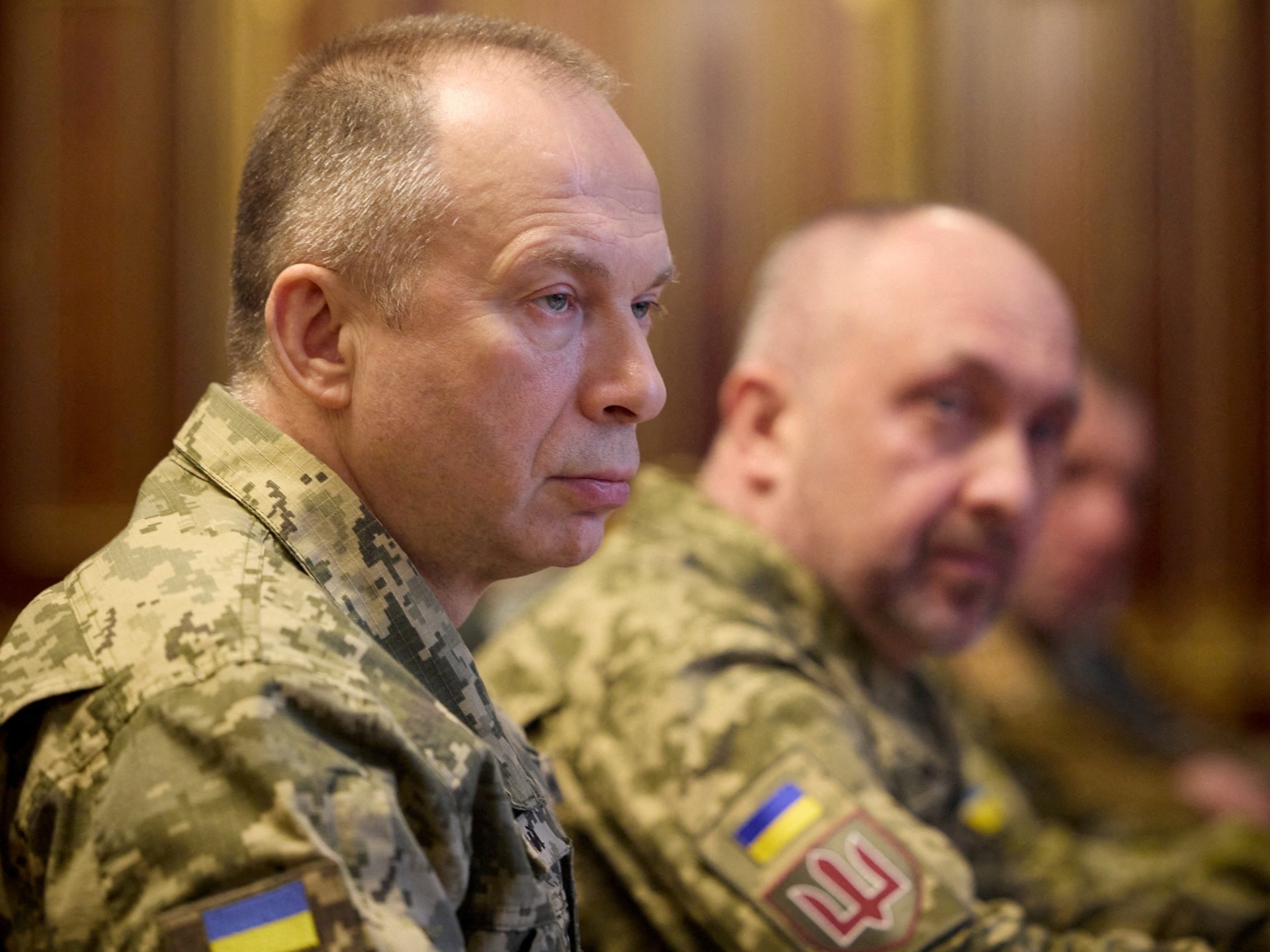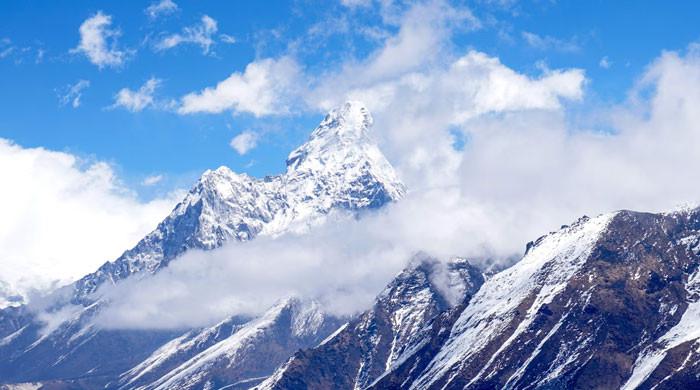The South Asian Peace Action Network (Sapan) has urged the third-term elected Indian Prime Minister Narendra Modi to convene a meeting of heads of South Asian Association for Regional Cooperation (Saarc) nations. ), including Pakistan, “to develop a road map for peace and good.” relations”.
In a letter to Modi, Sapan, a conglomerate of individuals and different organizations working for peace in South Asia, regretted that India had not invited Pakistan, among other countries, to congratulate the new government and parliament during the inauguration ceremony. oath.
“We are sorry for the absence of an invitation to Pakistan. In the spirit of 'Vasudhaiva Kutumbakam' – the world is one family – we hope that you will review your position and extend a hand of friendship to all SAARC countries, including Pakistan,” she said.
Recalling the shared history of colonial exploitation and the divisive policies of partition, he said it was within “our power to mend the barriers, proving that our ancient cultures and traditions were stronger than any arsenal”.
“The lack of dialogue between India and Pakistan risks strengthening those whose interests lie in keeping our nations divided. It also hampers South Asia's ability to focus on mutual development and prosperity.
“History shows that dialogue is crucial. If the former Indian Prime Minister, the late Shri Rajiv Gandhi, had not gone to Islamabad for the 1988 SAARC summit, many critical issues between India and Pakistan would have remained unresolved during the Cold War. Similarly, the aftermath of the Kargil war and the events of 9/11 necessitated dialogue.
The initiatives of the then Prime Minister Shri Atal Bihari Vajpayee, which began at the 2002 SAARC summit in Kathmandu, helped prevent further deterioration,” he added.
Sapan said it was essential to improve the quality of life of all our people, increasing performance in all sectors and freeing our people from the clutches of hunger, disease, unemployment and ethnic and religious strife.
He said India's 2024 electoral mandate, in which the people of India ushered in consensus governance, presented an opportunity for South Asia and SAARC to also be governed by consensus. “Let's take advantage of this moment to foster an inclusive and collaborative future for our region,” she said.
El Sapan said there were also many other groups in the region offering full support to all South Asian governments to take steps in this direction.

